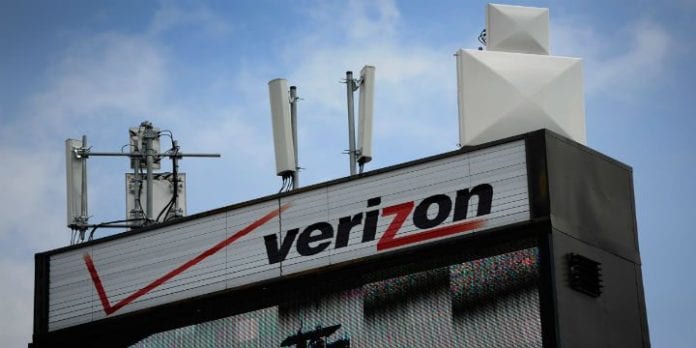Something confusing is happening in the wireless industry. Why is Verizon, one of the two biggest wireless growth giants, stuck in the mud? AT&T is the other growth giant, and they have been on a rapid transformation and growth wave. Other competitors like Sprint, T-Mobile, Comcast and even Charter seem to be growing and changing as well. So, if the rest of the industry is starting their next growth wave, why isn’t Verizon and Verizon Wireless?
I think it was two summers ago, Lowell McAdam, CEO of Verizon, on CNBC was saying we should expect a period of slow growth or maybe it was no growth. So, he obviously expected this slowdown.
Two questions: Why is it taking so long and why is Verizon stuck when every other competitor seems to be charging ahead?
Every decade the wireless industry takes a different growth path. It started with analog to digital, to 2G, 3G and 4G where we are today. In fact, we are preparing for the next wave of change to 5G in the next few years. During the last decade, the smartphone was king with the Apple iPhone, Google Android and Samsung Galaxy taking the lead, sending Blackberry and Nokia to the back of the list with Motorola.
However, now that the smartphone growth wave is slowing or cresting, carriers need to create the next growth wave to ride going forward. That’s why we are seeing so much activity in the sector. Activity from every competitor, except Verizon.
Transformation event: AT&T, DirecTV NOW, wireless TV, mobile TV
AT&T acquired DirecTV and created DirecTV NOW and something new, wireless TV or mobile TV. Now you can watch live pay-TV anywhere in the United States, not just at home. AT&T success with this new technology is forcing Comcast to re-enter the wireless space once again with their Xfinity Mobile. This is also forcing Charter back into wireless with a service that will be introduced next year. I am surprised if it takes them that long. We should also expect other cable television companies to get into the wireless space again as well.
AT&T’s success is also forcing Verizon to rethink the television opportunity. Verizon needs to get back into this space in order to remain a competitive force against AT&T, Comcast and Charter as the industry changes.
Sprint and T-Mobile are also showing growth. In fact, there are rumors once again they may try to get together. And they are not alone. Google Project Fi is now a player in the wireless space. I think Amazon may be ready to re-enter the space as well. You remember their Fire Phone from a few years ago. If these companies are going wireless again, maybe Facebook will as well after their flop a few years ago.
Sprint, T-Mobile, Comcast Xfinity Mobile, Charter, Google Project Fi
With all these new competitors, the most successful players today are still AT&T, Verizon, Sprint and T-Mobile. However, while AT&T is changing the space and growing with services like wireless TV and DirecTV NOW, and while Sprint and T-Mobile are growing in traditional wireless, where is Verizon?
That’s the big question. In this crazy mix of fresh activity, transformation and growth in the wireless space, what about Verizon and Verizon Wireless? They acquired AOL and Yahoo. They say they will transform into a marketing business selling to the AOL and Yahoo users they acquired along with their wireless business.
Where is Verizon growth?
The problem is, this is not who Verizon is. This is not who they have been. They have no track record in this area. This is new and uncharted waters for the company. And this lack of growth over the last few years is making many confused.
Yesterday, Verizon Wireless used to be able to say they had the best wireless network. Today however, all major carriers have great service. So, this is no longer a competitive advantage. All the major carriers have excellent quality, reliability and coverage.
Another area of concern is how long it takes Verizon to react to a changing marketplace. Example, AT&T Mobility, Sprint and T-Mobile all got back into the unlimited wireless data war leaving Verizon Wireless behind until recently when they finally joined the rest of the pack. I think Verizon waited as long as they could, but finally joined the others because they were losing business to competitors.
So, once again, what is Verizon’s growth plan going forward? That’s the question I’ve been asking over the last several years, and I’m still wondering along with everyone else. I want Verizon to be a winner again. I want them to be a leader again. I just don’t see it yet. Every competitor makes sure they tell their story so the world knows. Why then has Verizon been so quiet?

